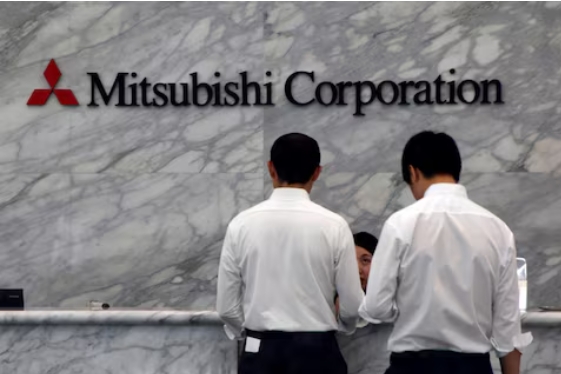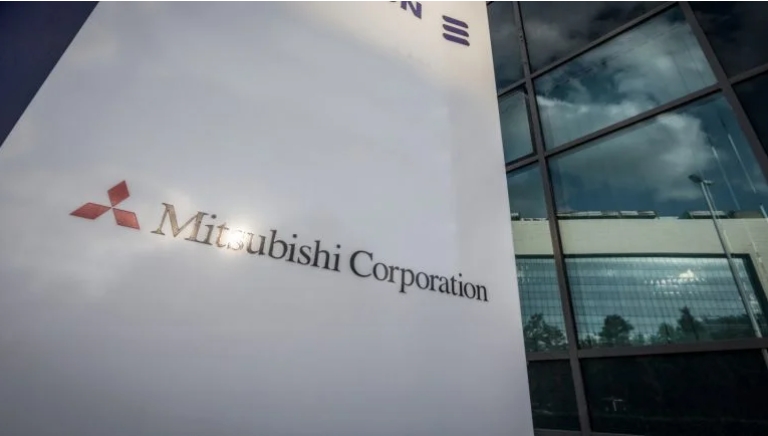Businesses in the clean energy sector delivered a letter today supporting a commitment to power Massachusetts with 100% renewable energy.
“Thanks to the Commonwealth’s thriving clean energy industry, we’re getting more and more of our power from pollution-free sources like the sun and the wind,” said Peter Schneider, clean energy organizer with Environment Massachusetts. “Clean energy businesses are ready and willing to help Massachusetts go 100% renewable.”
The letter is signed by 86 businesses, including companies working in solar energy, energy efficiency, green building design and construction, clean heating and electrical installation.
In the letter, the businesses ask state legislators to pass the 100% Renewable Energy Act (H.2836, S.1958). Filed by Representative Marjorie Decker, Representative Sean Garballey, and Senator Jamie Eldridge, the 100% Renewable Energy Act will transition Massachusetts to 100% renewable electricity by 2035 and 100% renewable energy across all sectors including heating and transportation by 2045.
So far, 113 legislators have endorsed the 100% Renewable Energy Act.
Experts from the American Council for an Energy-Efficient Economy (ACEEE) say that it is possible to reduce energy use by 40 to 60% by 2050 through energy efficiency measures. Passive Houses use a variety of design features, such as superinsulation, orientation toward the sun and heat recovery ventilators to reduce energy usage in buildings by up to 90% compared to standard buildings.
“Designing buildings to the Passive House standard is the most effective way to ensure low operation energy for the life of the building, and, coupled with renewable energy, the perfect starting point for Net Zero Site Energy,” said Michelle Apigian, associate principal, and practice and sustainability leader with ICON Architecture. “This approach builds inherent value, reducing our carbon footprint while creating fantastically healthy, comfortable and resilient environments in which to thrive.”
The Distillery North Apartments in South Boston are one example of Passive House design used to develop market rate apartments.
“As a Passive House, this building reduces heating and cooling 80 to 90%, achieves unprecedented levels of air quality, which we monitor carefully, and blocks out interior and exterior noise,” said Dr. Fred Gordon, PhD, principal owner of the Distillery North Apartments. “Because its modeling and construction avoids in-wall condensation, it achieves far greater durability and eliminates problems of mold to a degree which ordinary buildings cannot.”
While solar energy has grown rapidly in Massachusetts over the past decade, ranking sixth among states in solar capacity growth in that time, there is still more work to be done. In particular, raising the cap on net metering and expanding the SMART incentive solar program are essential steps towards the continued expansion of solar.
“Massachusetts has the wind power, we have the solar power, we have the batteries, and we have evidence building around the world that these technologies can combine in an economically viable manner and save rate payers money,” said John Fitzgerald Weaver, project developer and founder of Commercial Solar Guy. “Our current emission pathway forward is not viable if we believe in the science, and as a tax paying business owner and a citizen of this state, I see it as our responsibility and economics opportunity to lead. The voters have unequivocally expressed that they support 100% clean, renewable electricity, and now it’s time for our elected officials to craft a responsible structure to get us there.”







